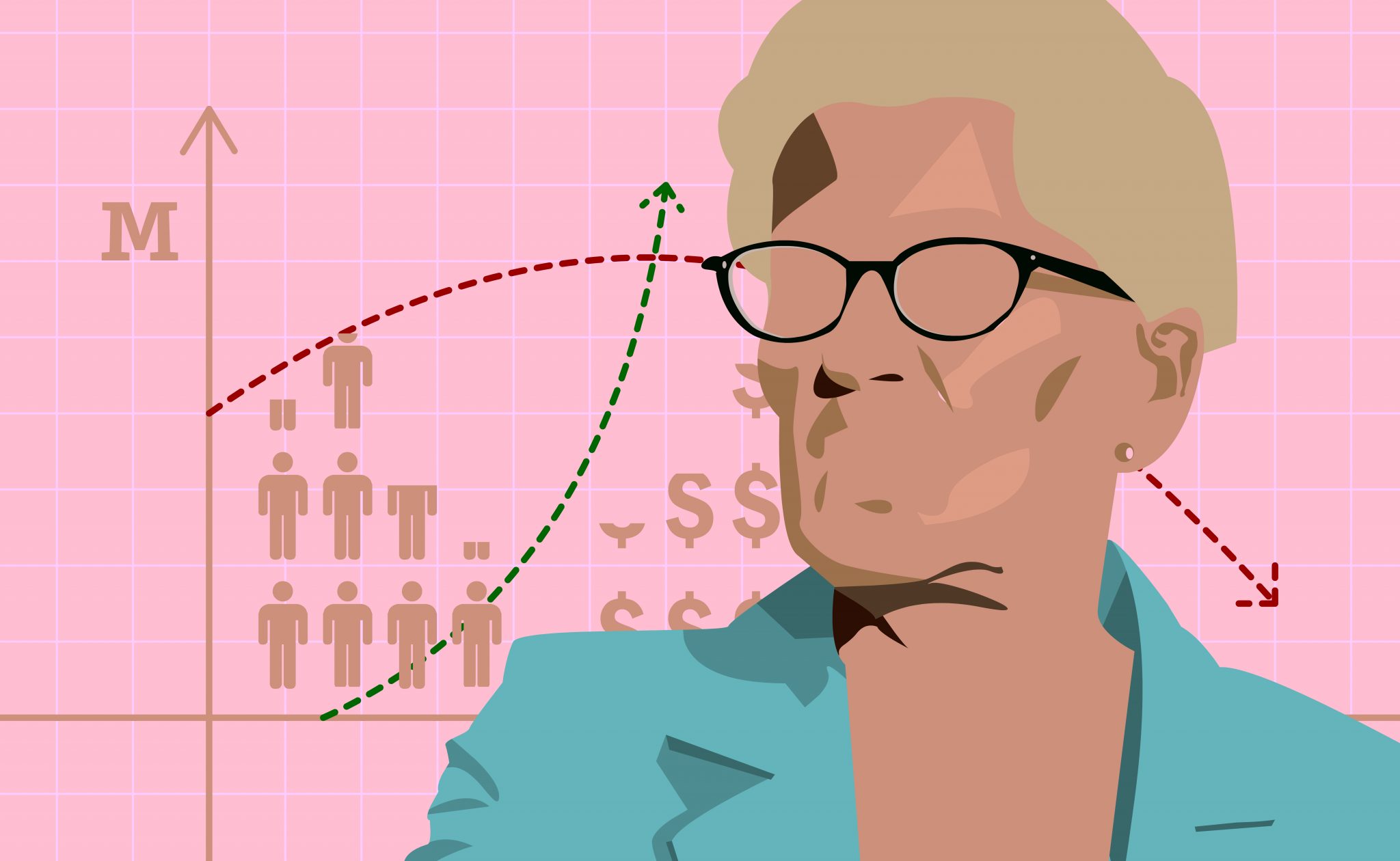The ups and downs of increasing minimum wage


I got my first job when I was 15-years-old. It was at the Tim Hortons in the small town I grew up in, Virgil, Niagara-on-the-lake. I worked mornings, cleaning, and serving some of the most interesting – and hungover – characters I have ever met.
Once, when I was walking up to my workplace, having walked my bike across the crosswalk, I passed by a pick-up truck full of landscapers. Having seen me walking my bike in my uniform, one had the idea to yell at me, “get a real job, f****t”.
I made eight dollars an hour, and managed to save $6000 over two summers of full-time work.
My experience in the labour market of Canada has been eventful. Having worked in a few industries – with varied wages for each – I can say I have a degree of credibility in this regard.
I am not a characteristically lazy person, I currently work about 50 hours a week, and have sustained 68+ hour work weeks. The expectations from job to job varied, but I found even the lowest paying jobs expected some form of commitment.
For each entry level position, I made minimum wage, so anywhere from eight dollars an hour, to a maximum of $12 an hour. I have also made wages between $16 and $25 an hour, and though I would not recommend the sort of work involved for a multitude of reasons, it happened to make life much more affordable – and by extension – much less stressful.
Despite what I have seen and experienced, I find myself increasingly frustrated to hear people claim that minimum wage isn’t meant for people to survive on.
I pinch my skin to see if reality still obeys logic, and deftly ask, so what?
It was created to prevent the exploitation of women and children, or in other words, the perceived vulnerable groups of people in industrial society. Stating that therefore people are not meant to survive on minimum wage demonstrates a lack of historical and functional knowledge.
It breaks down so simply, I cannot see why it causes so much concern and outrage.
People cannot afford things, or can barely afford things –which has a noticeable effect on businesses of all kinds –as a consumer cannot consume without excess capital. This creates a weaker job market, on top of an overall loss of business.
To add insult to injury, the person making minimum wage often times lives in constant fear of unpaid bills, which induces a stress response that has been linked to a rise in heart disease. This chronically ill and bankrupt human being ends up becoming a burden shouldered by our health care system.
So yeah, I think it’s alright if a few small businesses go under, so long as it also means that more Ontario families can start making a living wage.
If anything, I think its pretty selfish of anyone to imply that their business is more important than our health system, or the life of another family.
As a counter, I offer that the government has you covered there too; with the imminent introduction of basic income, you will not need to fear unemployment nearly as much as you should, and if you do happen to find a minimum wage job, you’ll be able to survive.
While the weaker small businesses crumble, or – as I imagine will be the case for most of them – weather the wage increase, we will likely see that the additional income held by previously struggling families is used to stimulate the local economy, possibly balancing out or even exceeding the loss for wages.
If you think your business is more beneficial to society than the welfare of families, reducing poverty and alleviating the strained healthcare system, feel free to say I told you so come February 2018.


